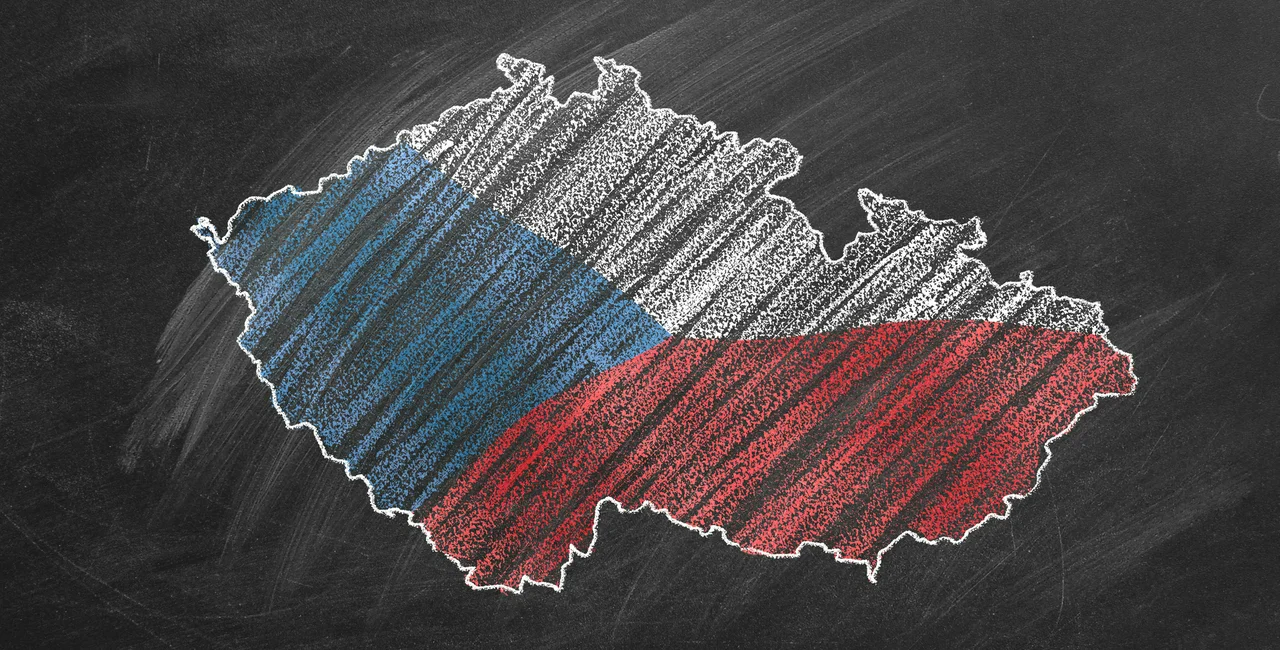Launched in June, the Czech government's new “adaptation-integration” courses are meant to help foreigners feel at home in a country whose complex language, insular culture, and seemingly impenetrable bureaucracy pose considerable obstacles to social integration.
The courses are designed to offer incomers guidance on how to "find jobs and how the Czech healthcare and education systems work," course coordinator Branislav Makuch said, adding that the courses represent a systemic change to Czech integration policy.
The course also aims to guide the uninitiated in everyday situations as well as make known one's own rights and obligations as a member of Czech society while shedding light on Czech values and culture: beer, house slippers, and all.
Here's everything you need to know about the new mandatory integration courses for foreigners in the Czech Republic:
Who's required to take the courses?
The Czech Ministry of the Interior has made it mandatory for “selected groups of third-country nationals” whose residence permit came into effect on January 1 of this year or afterward. Meaning that foreigners from non-EU countries with long-term or permanent residence this year (2021) will likely need to take the “Welcome to the Czech Republic” (“Vítejte v České republice” in Czech) course.
Foreigners have one year, from the date their permit goes into effect, to take the class. Which means if your residency permit says January 1, 2021, you’ve only got until the end of the year to take the class.
(Note that if you had a permit before 2021 but changed the purpose of your stay in 2021, your permit is considered new and you'll need to take the adaptation-integration course.)
The obligation also applies to people who got their 2021 permanent residence permit based on humanitarian reasons, such as family and spouses of asylum-seekers (the obligation doesn't typically apply to asylum-seekers themselves).
There are other circumstances under which the course is mandatory. Read the specifics of those conditions here.

Are there any exemptions from the course?
Certain foreigners don’t have to take the course, even if they got their residence permit in 2021. Those are citizens of EU member countries and students whose purpose of stay is education. Children under 15, and people over 61 are also exempt from taking the courses.
There are also exceptions for long-term or permanent residence permit holders when the permit is for investors, foreign service workers, "intra-company employee transfer" cardholders, and those who have their long-term residence for the "purpose of protection in the territory" such as asylum seekers. For anyone who falls into one of those categories, the course is not mandatory.
What do the classes cover?
Officially the course has the goal of providing the essentials about the Czech Republic, about the laws concerning residency, as well as information on education, employment, doing business, leisure time, health care, housing, and “basic intercultural information about the Czech Republic.”
The "intercultural" part of the course is presented via a short film that deals with Czech customs and etiquette among other things.
The script for this film was created based on a discussion with foreigners who have been living in the Czech Republic for several years who were asked about the things that were most surprising to them during their first months in the Czech Republic.
The course also gives tips and info about organizations and institutions providing free counseling for foreigners, language courses, and a host of important services such as those offered by the Centres for Support of Integration of Foreigners which organizes the courses.

Where and in which languages do the classes take place?
The four-hour classes (there are 2 breaks of 10 minutes each) organized by the CPIC are administered at eighteen locations in the Czech Republic. Students can choose their most convenient location.
A Czech-speaking tutor presides over the class which is interpreted into nine languages: English, Russian, Ukrainian, Spanish, French, Serbian, Mongolian, Arabic, and Vietnamese.
Lecturers work from a PowerPoint presentation translated into the target language and students can ask questions throughout the course.
While there's no exam at the end, you do have to complete the whole four hours. At the end of the course, you will receive a certificate of attendance as well as a packet of materials (those materials, which include a number of useful resources, are also available online and can be downloaded by anyone here).
How do I enroll and how much does it cost?

Foreigners must pay CZK 1500 in advance to take the course. The process involves first registering, then paying the fee, and after confirmation of payment, you can enroll in the class. The portal for registration is at www.frs.gov.cz.
While the price may seem a bit steep, the cost of not taking the course is much greater; failure to do so within one year of the date when your permit was issued can lead to a fine of CZK 10,000.
The CPIC has also prepared a brochure for foreigners with important links and contacts to offices and NGOs that is available on the course portal www.vitejtevcr.cz and the CPIC website.
Note that while courses might also be offered by organizations officially cooperating with the CPIC, only courses associated with the Centre via its official website fulfill the obligation; any other courses do not count
Will the classes change in the future?
Following the course, each student can fill out an evaluation form. This is done online via a link sent by the Ministry of Interior. The results of the evaluation will be taken into account by organizers when deciding which information should be mentioned/emphasized more or less during the course. The evaluation also covers the entire process (payment, registration, etc.) in order to improve and facilitate the experience for future participants.
This text was written in cooperation with non-governmental and non-profit organization Slovo 21.












 Reading time: 4 minutes
Reading time: 4 minutes 





























